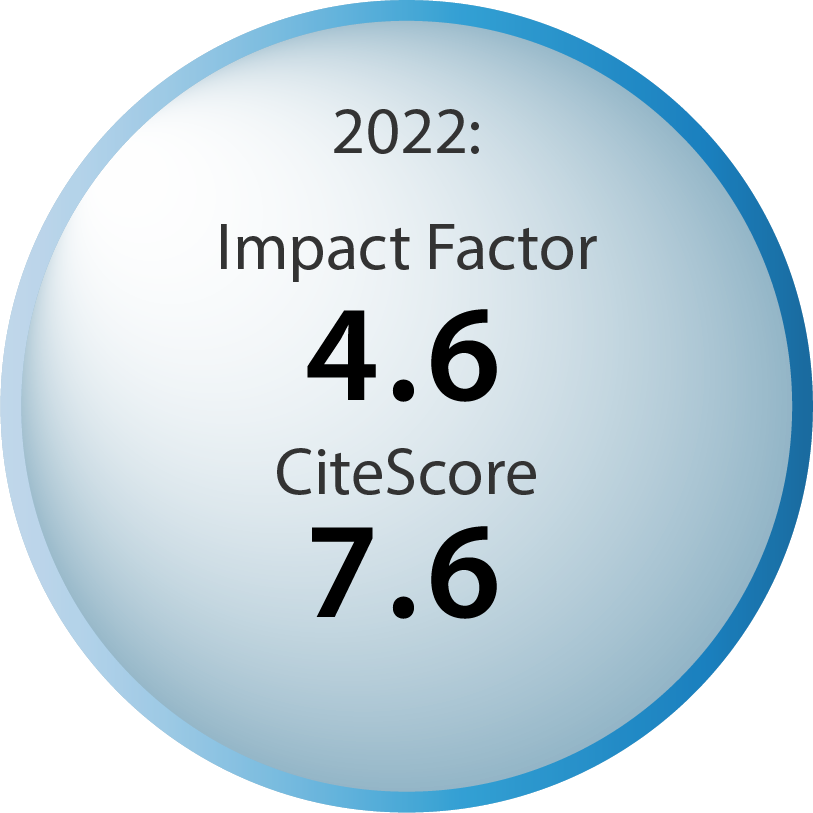Advance online publication:
This section includes articles accepted for publication in Microbial Cell, which have not been released in a regular issue, yet. Please note that the PDF versions of advance publication articles are generally paginated starting with page 1. This does not correspond to the final pagination upon release of the issue it will appear in.









